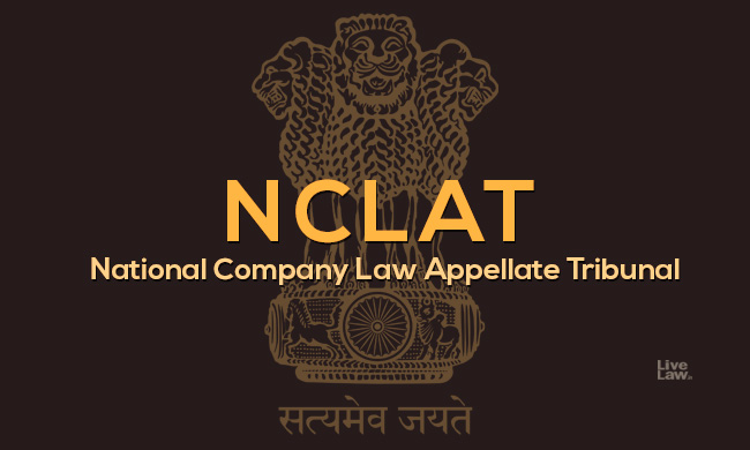Upon 'Supersession' Of Directors Under RBI Act, They Are Not Entitled To Notice Of CoC Meeting: NCLAT
LIVELAW NEWS NETWORK
30 Jan 2022 12:28 PM IST

Next Story
30 Jan 2022 12:28 PM IST
The NCLAT in a Bench comprising of Justice M. Venugopal (Judicial Member), Mr. V.P. Singh and Dr. Ashok Kumar Mishra (Technical Members) in Dheeraj Wadhawan v. The Administrator, Dewan Housing Finance Corporation Ltd. held that there exists a difference between 'supersession of Directors' under the RBI Act and 'suspension of Directors' under the IBC and that a 'Superseded director'...
